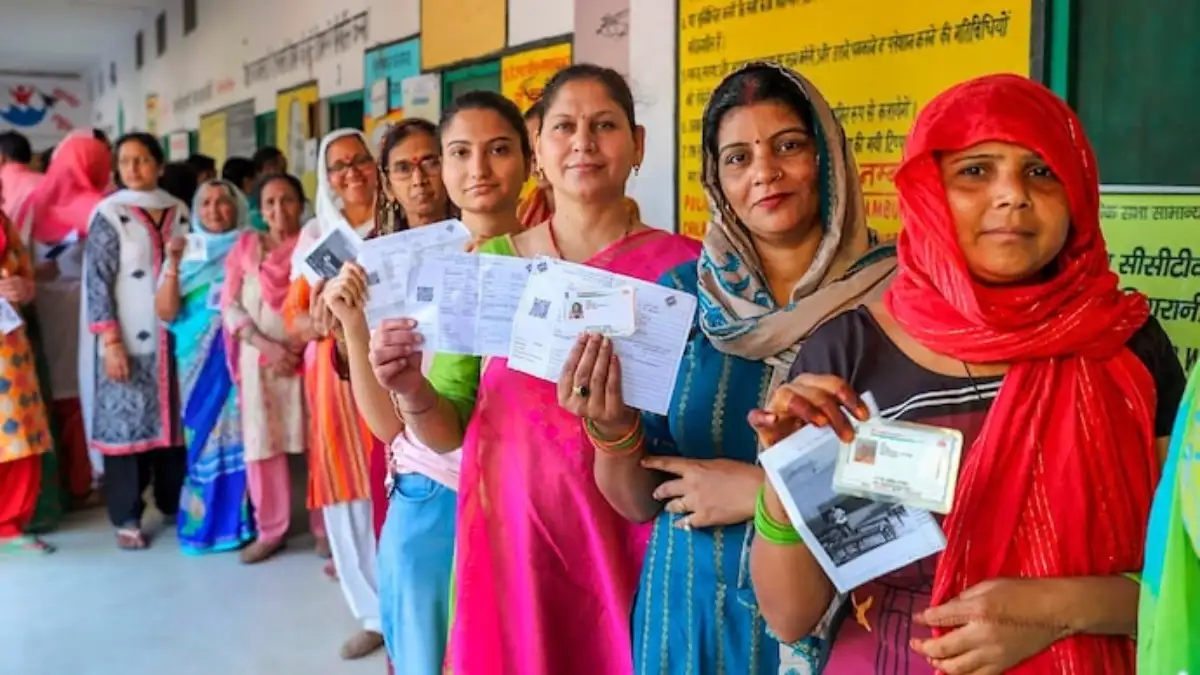
Women voters took center stage in the recently concluded Jharkhand Assembly elections, outnumbering men in both phases of polling. According to election officials, 68 out of the 81 constituencies witnessed a higher female voter turnout, signaling a significant shift in the state’s political landscape.
The elections, held in two phases—on November 13 for 43 seats and November 20 for 38 seats—saw an overall voter turnout of 67.74%, surpassing the 2019 figures by 1.65%. Of the 2.61 crore registered voters, including 1.29 crore women, more than 1.76 crore people cast their votes. Women contributed a notable 91.16 lakh votes, exceeding male participation by 5.52 lakh votes, according to the Election Commission.
K Ravi Kumar, Jharkhand’s Chief Electoral Officer, highlighted the active political engagement of women voters. “In both phases, women’s turnout surpassed men’s. In the second phase alone, women’s participation was 2.5 lakh higher than that of men,” Kumar said.
Interestingly, women voters outnumbered men in 32 constituencies, including those of Chief Minister Hemant Soren and former Chief Minister Champai Soren. Analysts attribute the lower male turnout to the high migration rate in the state, as many men work outside Jharkhand.
The increased participation of women voters has sparked optimism among political parties. The ruling Jharkhand Mukti Morcha (JMM)-led alliance expressed confidence in retaining power, citing the appeal of their welfare schemes. Congress leader Rajesh Thakur remarked, “Our initiatives, such as the Maiyan Samman Yojana, farm loan waivers, and free electricity up to 200 units, have been well-received by women voters. Their participation reflects a strong support base for the INDIA bloc.”
The opposition Bharatiya Janata Party (BJP) also welcomed the trend, attributing it to growing dissatisfaction with the JMM-led government. “Women have voted for change, rejecting a regime that failed to curb rising crimes against them,” BJP leader Deepak Prakash said. He also emphasized the BJP’s Gogo Didi Yojana, promising Rs 2,100 per month for women if elected, as a key factor influencing voters.


